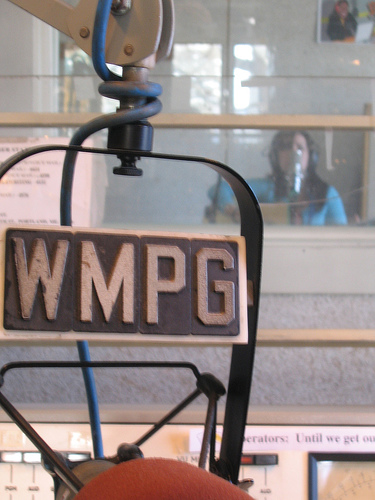Legal Compliance
 One of the most complicated things about running a radio station is all of the FCC compliance issues, music licensing rules, and other legal factors that you must be in compliance with. The financial and legal repercussions of seemingly minor things may be so serious that your whole station could be shut down. Luckily we have some guides, resources and links that can help you avoid fines, lawsuits, station shutoffs, and so on.
One of the most complicated things about running a radio station is all of the FCC compliance issues, music licensing rules, and other legal factors that you must be in compliance with. The financial and legal repercussions of seemingly minor things may be so serious that your whole station could be shut down. Luckily we have some guides, resources and links that can help you avoid fines, lawsuits, station shutoffs, and so on.
Here are some things to pay attention to:
- FCC Compliance: Prepairing for Inspection
- Interacting with the FCC
- License Renewal
- Liability When Your Nonprofit Owns an LPFM
- Music Licensing
- Underwriting
- Unlicensed Radio
- Need more help?
FCC Compliance: Prepairing for Inspection
Keeping your station legal can sometimes seem like a daunting task. But once you know the rules of the road, you'll find that following FCC regulations isn't as hard as it looks. For a general overview of broadcasting from the FCC, find The Public and Broadcasting.
The FCC publishes a self-inspection checklist that you can use to make sure your station is running smoothly and legally. It is one of the most helpful documents the FCC produces and using it is a must-read for every radio station. However, it can be wordy and hard to understand at times, so we've created a guide to the checklist that explains each requirement and leaves out the mumbo-jumbo.
Interacting with the FCC
There are several situations when your station might need to interact with the FCC. Being able to navigate the maze of federal regulations will allow your station to focus on what's really important, producing great community radio. So, we put together a guide to some of the most common situations when your station will have to work with the FCC.
License renewal
Hey all you low power FM's out there! Stay on the air!
All broadcast stations, including LPFMs, must renew their FCC license sometime between July 2019 and 2022. We created a handy guide to help you through the process.
The exact deadline for your renewal application depends on the state you are located in.
The renewal process includes:
- announcing on air that you will be filing for renewal at specific times
- filing Form 303-S with the FCC through the online LMS system,
- a second round of on air announcements,
- and a chance for the public to express concerns about a stations renewal with the FCC.
There have been very few cases where stations licenses have not been renewed, but there are fines for filing late or not at all, so make sure your station is ready.
Liability When Your Nonprofit Owns an LPFM
Like any significant investment, ownership of a radio license comes with a degree of liability. In the field of broadcasting, FCC forfeitures, or fines, are the primary liability your nonprofit might face. This document outlines the types of fines a station could face and how a complaint or random inspection could result in a fine.
Music Licensing
Even as a noncommercial radio station you cannot simply play any music you want. You need permission. Fortunately you don’t have to go around cutting checks to every band whose song you use.
Underwriting
Low power FM and noncommercial radio stations are not allowed to advertise, but you are are allowed to acknowledge contributors on-air through underwriting.
Unlicensed Radio
What If I am broadcasting without a License? What are the legal repercussions? Free Radio Berkeley offers many resources for unlicensed radio stations including a Legal Defense Guide. Please contact info (at) prometheusradio.org if you are interested in our guide explaining the legal issues surrounding unlicensed radio.
Need more help?
State-By-State Legal Support for Nonprofit Organizations
Check out the legal guides courtesy of the Garvey, Schubert and Barer Law Firm, especially their indecency guide (pdf) which breaks down the myths regarding the 7 dirty words.
| Attachment | Size |
|---|---|
| When Your LPFM Station Interacts with the FCC | 153.16 KB |
| LPFM Self-Inspection Checklist Guide | 120.68 KB |
| Nonprofit, Radio and Liability | 94.76 KB |
| Indecency | 83.18 KB |
